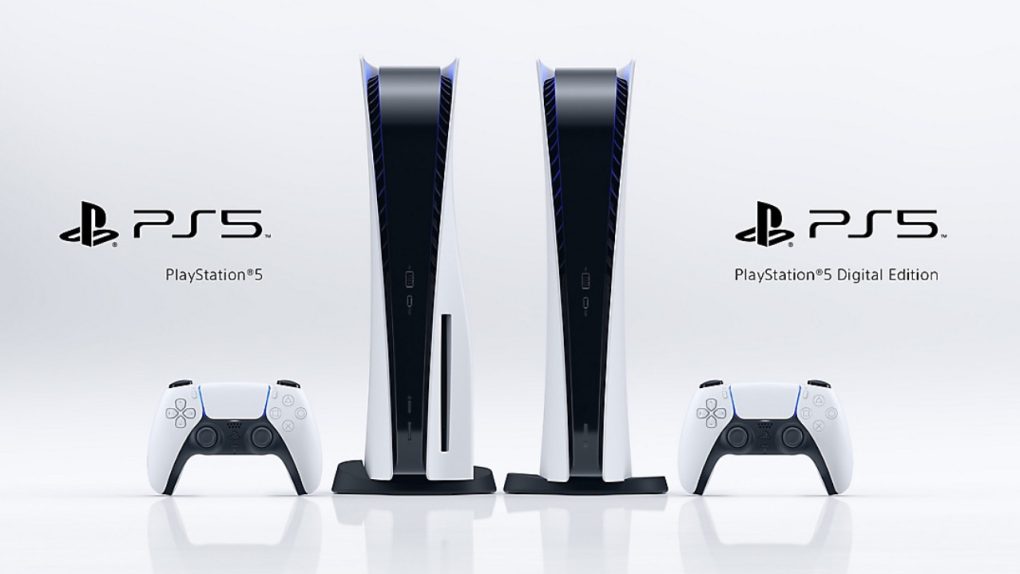- PS5 Digital Edition will be harder to find this holiday season than the standard PS5 with a disc drive, according to a number of sources and reports.
- Many retailers are reporting that a vast majority of the PS5 stock they expect to receive will be standard models, while less than 30% will be Digital Edition models.
- Sony says that it’s “doing [its] best to predict demand,” although it’s not especially surprising that people prefer a $399 console to a $499 console.
Last week, Sony revealed that the standard PS5 with a disc drive would cost $499 while the PS5 Digital Edition would cost at $399. The Japanese company was not quite able to match the $299 price tag of Microsoft’s Xbox Series S, but it’s worth noting that the PS5 Digital Edition is identical to the standard model, save for its inability to play any physical media. Both PS5 models have the same GPU, CPU, system memory, and solid-state drive.
With that in mind, it’s easy to see why many consumers would flock to the PS5 Digital Edition this fall, especially with digital sales having long since overtaken physical sales as the primary method of buying new games. But getting your hands on the Digital Edition of the console might be significantly more difficult than you expect.
Ars Technica got in touch with nine GameStop locations across the US last week — from Austin, Texas to Washington DC to Cleveland, Ohio to Baltimore, Maryland — and discovered that, on average, the retailers expected 24% of their stock to be $399 Digital Edition models and the remaining 76% to be standard $499 PS5 models. Each location was receiving between 15 and 30 PS5 units total, and the lowest Digital Edition ratio clocked in at just 13%.

As Ars Technica’s Kyle Orland notes, this is too small of a sample size to reach any definitive conclusions, but since the report was published last Friday, others have backed it up. Best Buy Canada apparently showed last Wednesday that of its stock of 22,000 PS5 units, only 3,000 were of the Digital Edition variety. Meanwhile, Eurogamer cites a few retail sources in the UK that say they’re expecting between 20-25% of their stock to be Digital Edition models and the rest to be standard models. All of these numbers are in line with GameStop’s.
VGC was among the first to report that PS5 Digital Edition stock might be limited, and when Japanese site AV Watch asked SIE CEO Jim Ryan for a comment, he said the following (as translated by VGC):
The ratio between the Digital Edition and the disc drive model is currently something we cannot disclose at this time. We cannot give specific information on numbers, but we can say that we plan to produce the necessary number of units to meet the demand for that model type. However, we’ve never produced two different console models at the same time before so deciding on the right number and the right ratio is very hard to know. We are doing our best to predict demand.
If you believe Ryan, then Sony simply wasn’t able to predict the cheaper PS5 would be in much higher demand, but there are a number of other compelling explanations for why Sony would want to ship fewer Digital Editions. For one, as Ars Technica points out, the disc drive in the standard model likely costs far, far less than $100 to produce, which means Sony’s profit margin on those consoles will be higher. Then there’s the retailers, all of which sell boxed copies of games and stand to lose future business by selling a customer a digital-only console.








